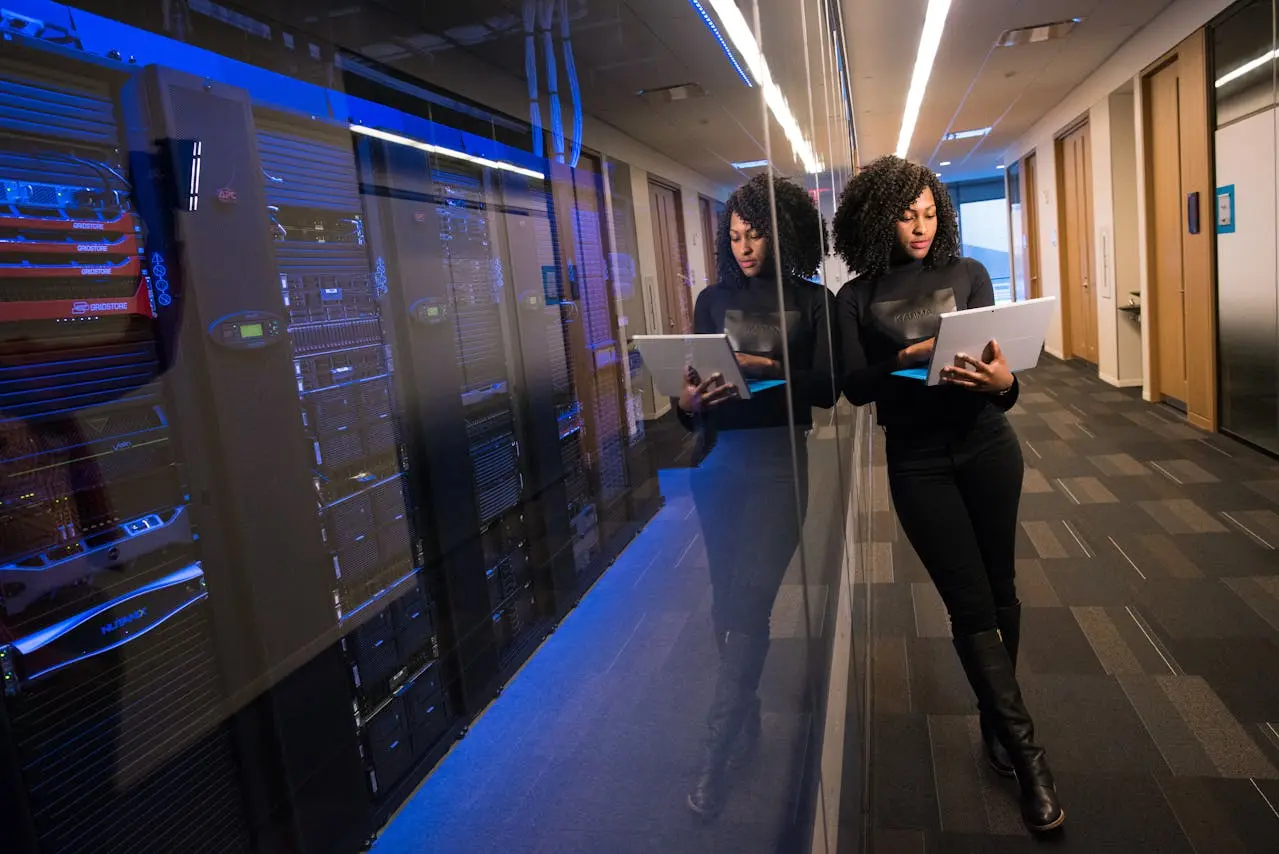
In today’s rapidly advancing technological landscape, the integration of generative artificial intelligence (AI) into business operations represents a transformative shift. To successfully incorporate these cutting-edge technologies, organizations must evolve beyond conventional learning and adaptability strategies. This evolution involves embracing the principles of a learning organization, as well as engaging in double-loop learning, to truly leverage the full potential of generative AI.
A learning organization excels in creating, acquiring, and transferring knowledge, continually transforming itself to better achieve its goals. Peter Senge, who popularized this concept, identified five key disciplines essential for a learning organization: systems thinking, personal mastery, mental models, shared vision, and team learning. These disciplines help create an environment where innovation is nurtured, making them crucial for the integration of generative AI.
Generative AI impacts various aspects of an organization, necessitating a holistic view. Systems thinking enables organizations to understand and manage these impacts effectively, ensuring that AI integration is coherent and beneficial across all departments.
The discipline of examining and adjusting internal assumptions and ideologies is vital when deploying generative AI. Organizations must challenge how their current practices might restrict or enhance the use of AI, aligning with the deeper, transformative approach of double-loop learning.
As roles and skills evolve rapidly in an AI-driven environment, personal mastery ensures that individuals are continually learning and adapting. This readiness is essential for employees to work effectively with emerging technologies.
The complexity of generative AI often requires cross-functional expertise. Effective team learning fosters better collaboration and knowledge sharing, which are crucial for leveraging AI capabilities across different organizational sectors.
Double-loop learning, a concept developed by Chris Argyris, involves reevaluating and modifying underlying organizational values and policies. This type of learning is particularly pertinent when integrating transformative technologies like generative AI, which can redefine core business processes and decision-making structures.
In double-loop learning, feedback is not only used to adjust strategies within existing frameworks but is also leveraged to question and potentially change the frameworks themselves. This deeper level of inquiry is essential because generative AI can produce unexpected results that require not just technical adjustments but also a reassessment of business strategies and ethical considerations.
The successful implementation of generative AI requires more than just technological know-how; it demands a cultural shift towards continuous learning and adaptability. A learning organization, characterized by its systemic approach and commitment to learning, is naturally poised to support the successful integration of AI. This environment not only facilitates the technical deployment of AI but also ensures that its integration is strategically aligned with the organization’s long-term goals and values.
In conclusion, as modern organizations strive to integrate generative AI, the principles of a learning organization combined with the transformative approach of double-loop learning create a robust foundation for success. This strategic blend not only supports the technical aspects of AI integration but also aligns it with broader organizational objectives, ensuring sustainable innovation and competitive advantage.


